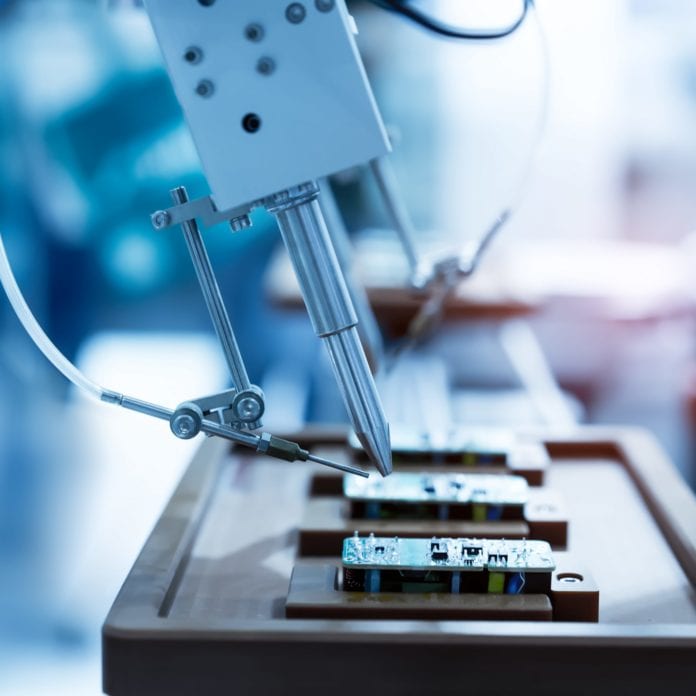ESMC is a joint venture between Taiwanese semiconductor manufacturing firm TSMC, Bosch, Infineon and NXP
The European Commission (EC) said it has approved a €5 billion ($5.56 billion) German measure to support European Semiconductor Manufacturing Company (ESMC) in its project to construct and operate a microchip manufacturing plant in Dresden, Germany.
ESMC is a joint venture between Taiwanese semiconductor manufacturing firm TSMC, Bosch, Infineon and NXP.
The European body noted that this measure will strengthen Europe’s security of supply, resilience and digital sovereignty in semiconductor technologies, in line with the objectives set out in the European Chips Act Communication.
The project aims at serving the demand for automotive and industrial applications.
The new semiconductor manufacturing facility will deliver high-performance chips, based on 300mm silicon wafers with node sizes covering 28/22nm and 16/12nm, using field-effect transistor technology and allowing the integration of several additional features in one chip, the commission explained.
The new facility, which is planned to be operating at full capacity by 2029, is expected to produce 480,000 silicon wafers per year, the European body added.
The facility will operate as an open foundry, meaning that any customer – including but not limited to the three other shareholders besides TSMC – can place orders for the production of specific chips. The facility will also provide special access to its production capacities for SMEs and European universities, further supporting research and knowledge creation within Europe.
The commission also highlighted that ESMC will be the first open foundry that will produce silicon wafers with 28/22nm and 16/12nm technology nodes, using FinFET technology with logic, mixed-signal, radio frequency and embedded non-volatile memory technology processes.
It added that the measure has wide positive effects for the European semiconductor ecosystem and contributes to strengthening Europe’s security of supply, in particular by setting up an open foundry providing access for European customers, including SMEs and start-ups
In October 2022, the European Commission had approved an Italian request to support STMicroelectronics in the construction and operation of a Silicon Carbide wafer plant in Catania using 150mm technology. In addition, in April 2023, the Commission approved a €2.9 billion French aid measure to support STMicroelectronics and GlobalFoundries in the construction and operation of a new microchips manufacturing facility in France. Meanwhile, in May 2024, an additional Italian measure was approved to support STMicroelectronics in setting up a new integrated SiC manufacturing facility in Italy.
“This decision will strengthen semiconductor production capacity in Europe, helping us deliver our green and digital transition and creating opportunities for high-skilled employment. The open foundry model will ensure widespread access to power efficient chips, including by smaller companies and start-ups, while limiting any potential distortion of competition,” said Margrethe Vestager, executive VP of the European Commission in charge of competition policy.

